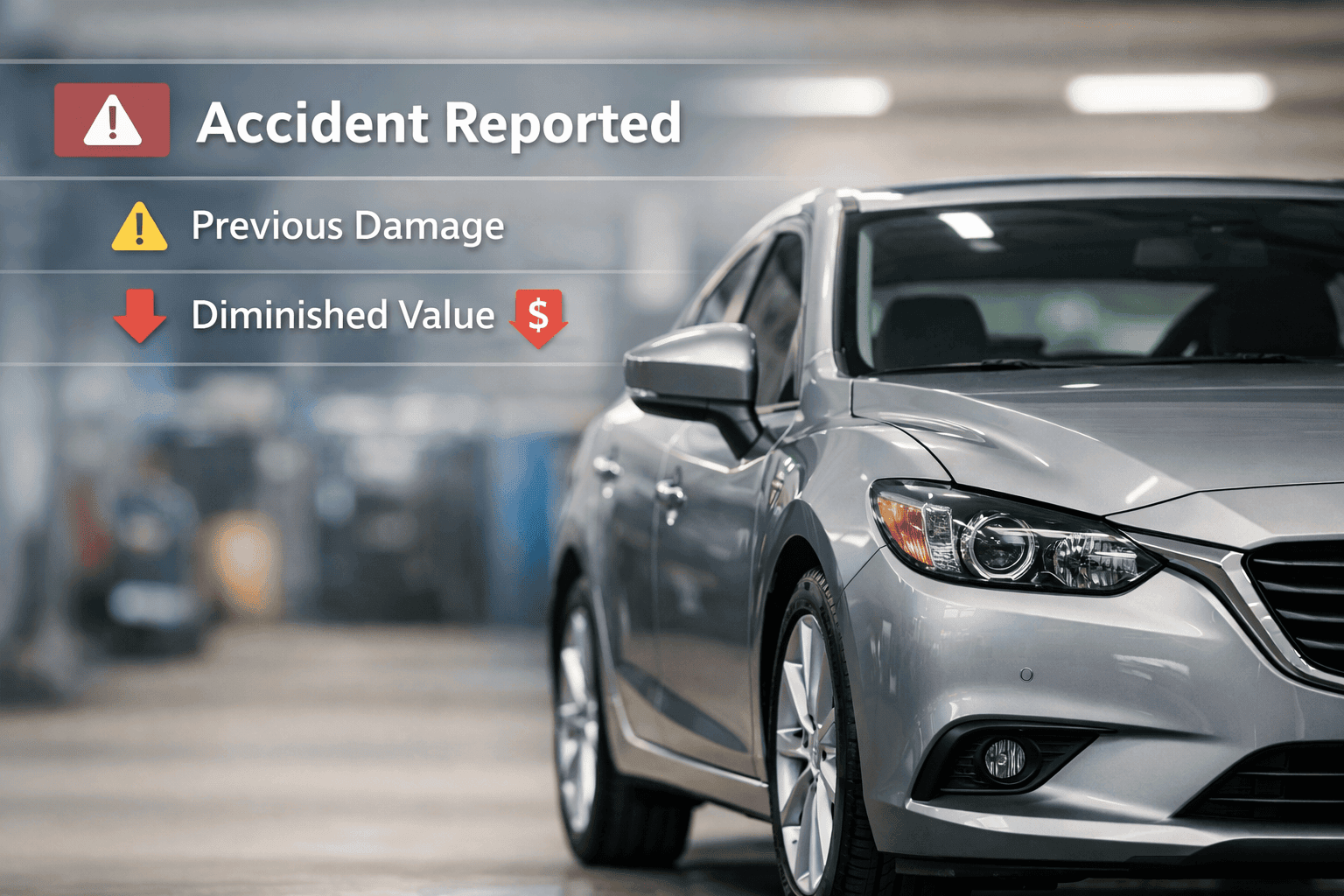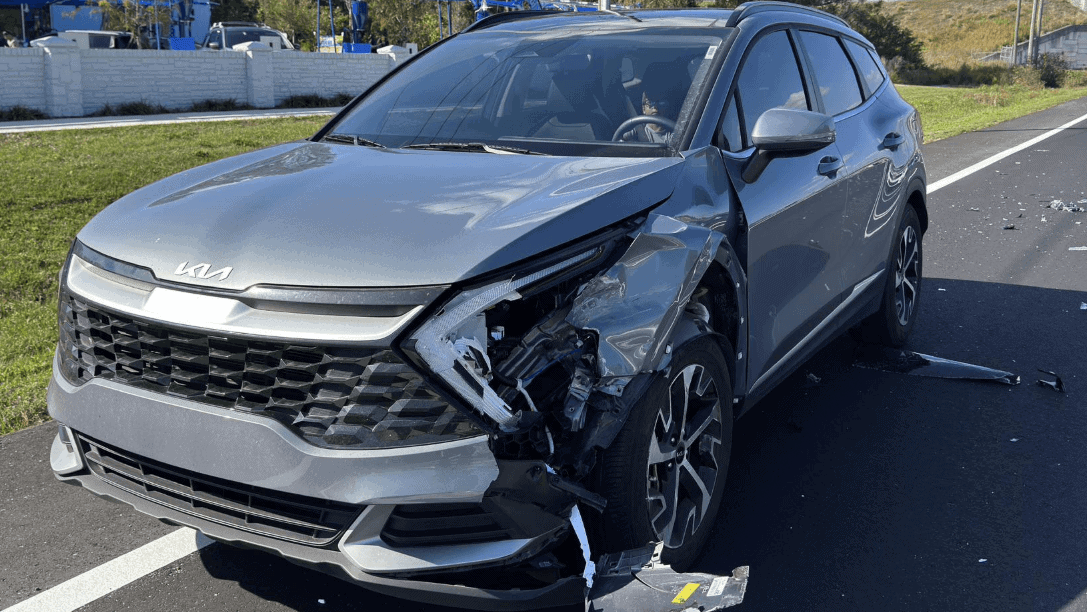Buying a used car always comes with some risk. But what if the previous owner failed to mention that the vehicle had been in an accident? This article explains what you can do in that situation, how to find out if your vehicle has hidden damage, your legal options, and how to avoid this issue in future purchases.
Why Accident Disclosure Matters When Buying a Used Car
Undisclosed accident damage can lower your car’s resale value and may hide structural issues that affect safety. Many states require sellers—especially dealerships—to disclose past accidents, particularly if they involved frame damage or airbag deployment. When a seller fails to do so, it can be considered fraud or misrepresentation.
How to Check If Your Car Was in an Accident

Even if the seller says the car is clean, verify it for yourself:
- Vehicle history reports: Services like Carfax and AutoCheck can reveal past damage, title issues, or airbag deployment.
- Physical inspection: Uneven paint, panel gaps, or mismatched parts can be red flags.
- State DMV records: Check title history for salvage, rebuilt, or flood damage labels.
If you didn’t check these before the purchase, it’s still worth doing afterward—especially if you suspect something’s wrong.
Legal Rights When an Accident Wasn’t Disclosed
Whether or not you can take legal action depends on the state you’re in and whether the seller had a duty to disclose.
- Dealerships are often required by law to disclose any known damage, especially if it impacts the car’s value or safety.
- Private sellers may not be held to the same standard unless they lied outright or tried to hide the damage.
- Material damage refers to significant issues—like frame damage—that would have affected your decision to buy.
Can You Sue the Seller?
Yes—if you can prove that the seller intentionally withheld accident information or misled you.
- You’ll need documentation like repair estimates, a mechanic’s report, or a Carfax entry showing the damage was known.
- Time matters. Most states have a statute of limitations—often 2 to 4 years—for filing fraud or misrepresentation claims.
- A lawsuit may recover repair costs, diminished value, or even the full price of the vehicle in some cases.
What to Do If You Discover Undisclosed Damage
Here are your next steps:
- Gather evidence: Get a professional inspection, a damage report, and a vehicle history if you haven’t already.
- Contact the seller: Some may be willing to negotiate or refund part of the purchase.
- Consult a consumer attorney: Especially if the seller refuses to cooperate or you’re dealing with a dealership.
- Consider a claim: If you financed the vehicle, notify your lender too. They may have options to help protect your interest.
How to Protect Yourself in Future Purchases

You can avoid this situation by being proactive before your next used car purchase.
- Run a Carfax or AutoCheck before you even go to see the car.
- Ask pointed questions like “Has this car ever had body or frame damage?” and request written confirmation.
- Get a third-party mechanic to inspect the vehicle before signing anything.
A clean title doesn’t guarantee a clean history. Many wrecked cars are repaired and sold without ever being officially branded.
Final Thoughts
Discovering that your newly purchased vehicle was previously damaged and that no one told you can be frustrating. But depending on where you live and who sold it, you may have legal options. The key is documentation, quick action, and knowing your rights.
Always approach used car deals with caution. A bit of research and diligence now can save you thousands in regret later.





